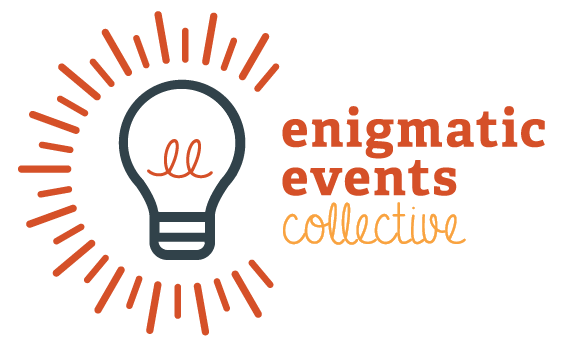Flow in Board Games, and reaching a useful brain state – Part 2
In Part 1, we looked at what we mean by flow. We also looked at how we might get flow in board games; depending on the characteristics of the game. In part 2, we look at some concrete examples of games that can help us reach this useful, highly engaged brain state.
Agricola
In Agricola, you are building a farm in medieval times, starting with very little, and using actions each turn to collect resources to build better farm implements, raise livestock and grain, and grow your family. The bigger the family, the more food you need to provide. Success is making the farm work, with a secondary goal for this 'working farm' to be better than my opponents given the scoring system. You have a hand of cards that can shape your game play, giving you new equipment or advantages when taking certain actions. The game can be made harder and more complex over time by adding extra cards and expansions which increase the options to the player.
You can create your own sub-goals beyond winning, such as 'I will build the Half-Timbered House this game' or 'I will make my farm run with the Master Brewer and Baker'. These sub-goals can give you small wins as you achieve them, which gives some of the feedback flow needs. Many games of Agricola I've looked up after a game and realized time has flown by, and I've hardly been distracted by the outside world. Trying to plan your own resources and turns, with the changing nature of the player environment is, for me, an engaging activity. However, the time between actions in Agricola can be longer than the research into flow states suggests is ideal. This means the engagement with the game is generated by the player's interest, not the game feedback.
Space Alert
Space Alert uses time to create a stress factor. Ihe players have to work together to run a small spaceship in the face of a variety of enemies. There's only so much time to programme in their actions, such as shooting the incoming fighters, routing power to the engines and surveying the local sector. Also you have to wiggle the mouse on the ship's console to make sure the screen doesn't lock up. The game doesn't take itself too seriously,and has really good learning path by building up to the full set of rules over three or four games.
As your crew gets better at dealing with the obstacles thrown at them, you can make it harder and harder, adding in deadlier enemies to kill. It will also throw in more problems that are harder to visualize their result. This builds your focus to that central 'just stressed enough' state. It does rely on you improving with your fellow players, but this co-operation in adversity has positive team building effects as well.
San Juan
San Juan is a card game with a lot of small actions that tie together to build up a much bigger result. Each turn, a player selects an action that all of the players will do. These are things such as building, harvesting their crops or selling them. Cards are used to represent both buildings and the money needed to build them. Each building has a special effect that can help you generate more resources, or more victory points. So you have decisions on what to build, what cards to use, and what action to take next. None by themselves are big decisions, but strung together, you can see your little corner of San Juan expand and become something beyond just a sugar plantation.
This sequence of small decisions, and relatively fast pace for a turn-based game gives the feedback that creates engagement and focus, which in turn creates the flow state we are discussing. The complexity comes from how much planning you do turn to turn. At first, you'll take a narrow view of the game state... what you have right now.But as you gain experience, you can start looking wider, and at the actions your opponents might take, which buildings you have, and which buildings in the deck might be advantageous to you. As you gain skill, therefore, you can have more information to process for each decision. This will keep us near the ideal point for stressing the brain just the right amount.
Race for the Galaxy
San Juan's mechanics are also present in Race for the Galaxy. However, this game has a lot of symbolic learning to do, and this can be barrier for some while learning it. There's a bit more to the game than San Juan- players are selecting actions simultaneously but still trying to build (settle) planets which have various effects to improve your later turns.
Race for the Galaxy is available on-line, and can be played in 5-10 minutes against experience opponents. It is a personal favourite of mine, and this makes for a quick 10-15 minute burst of concentrated play. This can trigger the flow state we have been discussing and help my own concentration on other tasks that follow.
Conclusions
What I find really interesting about all these games which can promote flow is that there can be benefits overall to my brain. Getting to flow in board games beyond getting better at playing games, it can help with engagement with other things in my life. And therefore my life can be improved and just feel better. I know from my own anecdoctal evidence that my overall strategic planning also gets better the more I play games. Furthermore, the dopamine hit from each game play carries on beyond the game itself, putting me in an overall better mood.
Enigmatic Events can offer teaching of all the games described above. We can also help you find other games that will help you create better brain states for your work AND play. Drop us an email, and we'd be happy to advise you, wherever you are.


